Potable Water Reuse and Drinking Water
The process of using treated wastewater for drinking water is called potable water reuse. Potable water reuse provides another option for expanding a region’s water resource portfolio.
There are two types of potable water reuse:
- Indirect potable reuse: Uses an environmental buffer, such as a lake, river, or a groundwater aquifer, before the water is treated at a drinking water treatment plant.
- Direct potable reuse: Involves the treatment and distribution of water without an environmental buffer.
EPA, States, tribes, and local governments implement programs under the Clean Water Act (CWA) and the Safe Drinking Water Act (SDWA) to protect the quality of source waters and drinking water. The SDWA and the CWA provide a foundation from which states can further develop and support potable water reuse as they deem appropriate.
EPA Reuse Publications |
|
|---|---|
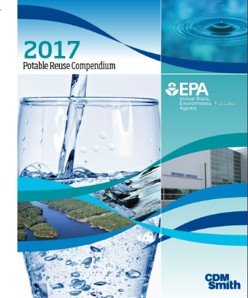
|
2017 Potable Reuse CompendiumThe 2017 Potable Reuse Compendium provides a technical compilation of the current state of potable water reuse in the United States. The compendium covers multiple topics including the extent of potable water reuse in the United States and the world, the costs of potable water reuse, and the treatment processes used in potable water reuse. Additionally, the compendium presents seven case studies on indirect and direct potable reuse facilities in the United States, which illustrate how and why facilities implement potable water reuse. |
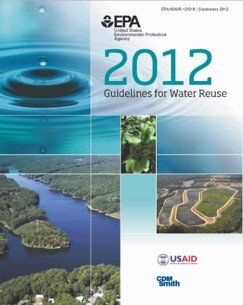
|
2012 Guidelines for Water Reuse |
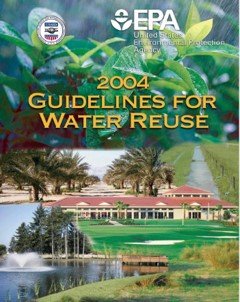
|
2004 Guidelines for Water Reuse |
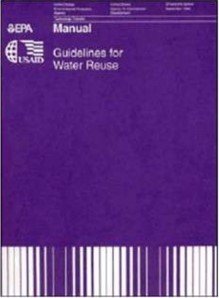
|
1992 Guidelines for Water Reuse |
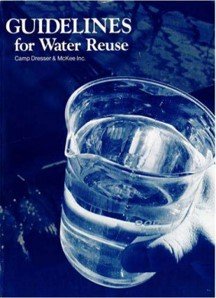
|
1980 Guidelines for Water Reuse |
Other EPA Resources |
|
